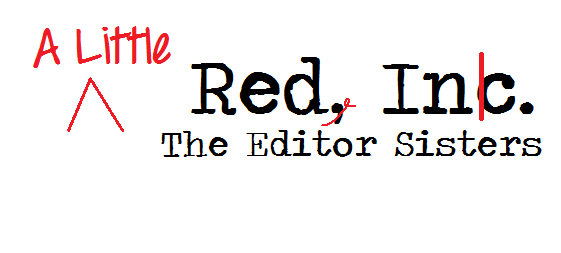
Magazine, Freelance, and Copywriting
Embracing Tech Advancements: Powering Freelancer Success in the Modern Landscape
Freelancing as a writer can be deeply rewarding. You’re getting paid to show off your wordsmithing skills and can…
October 14, 2023


